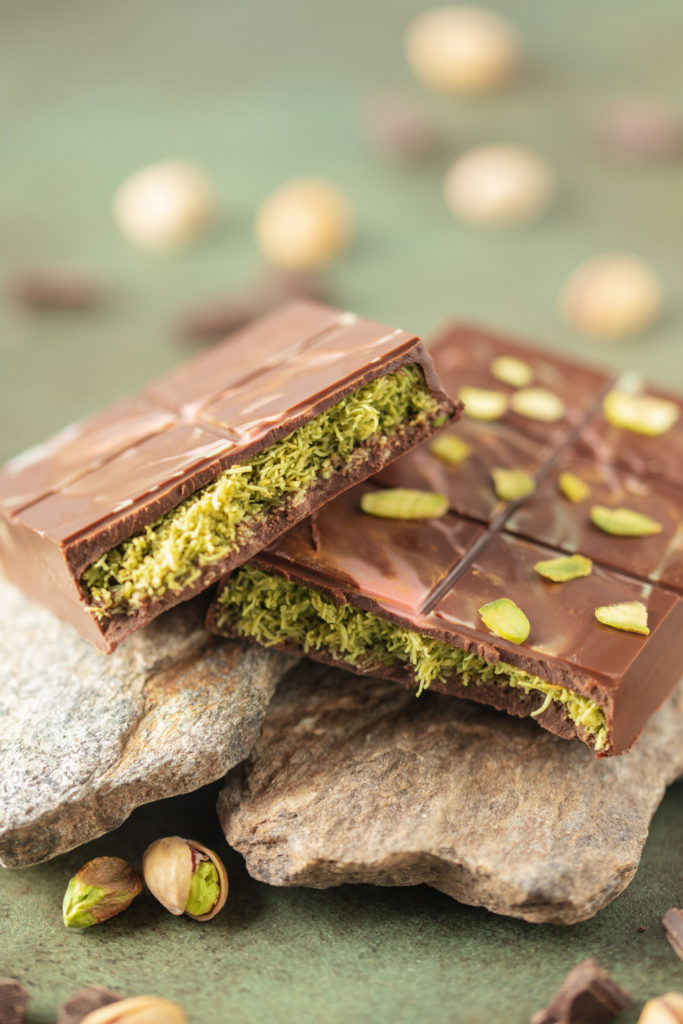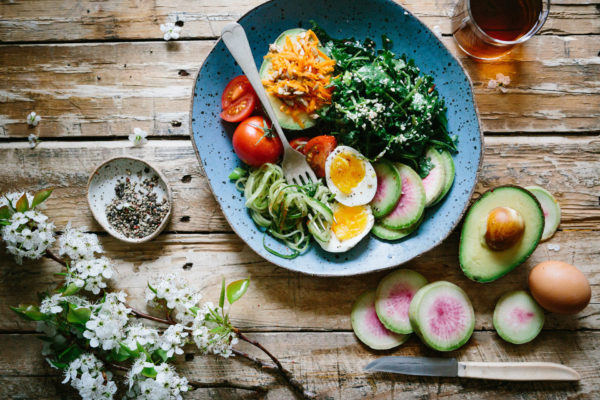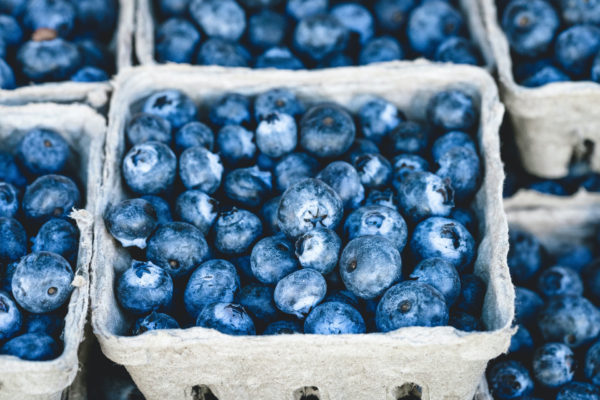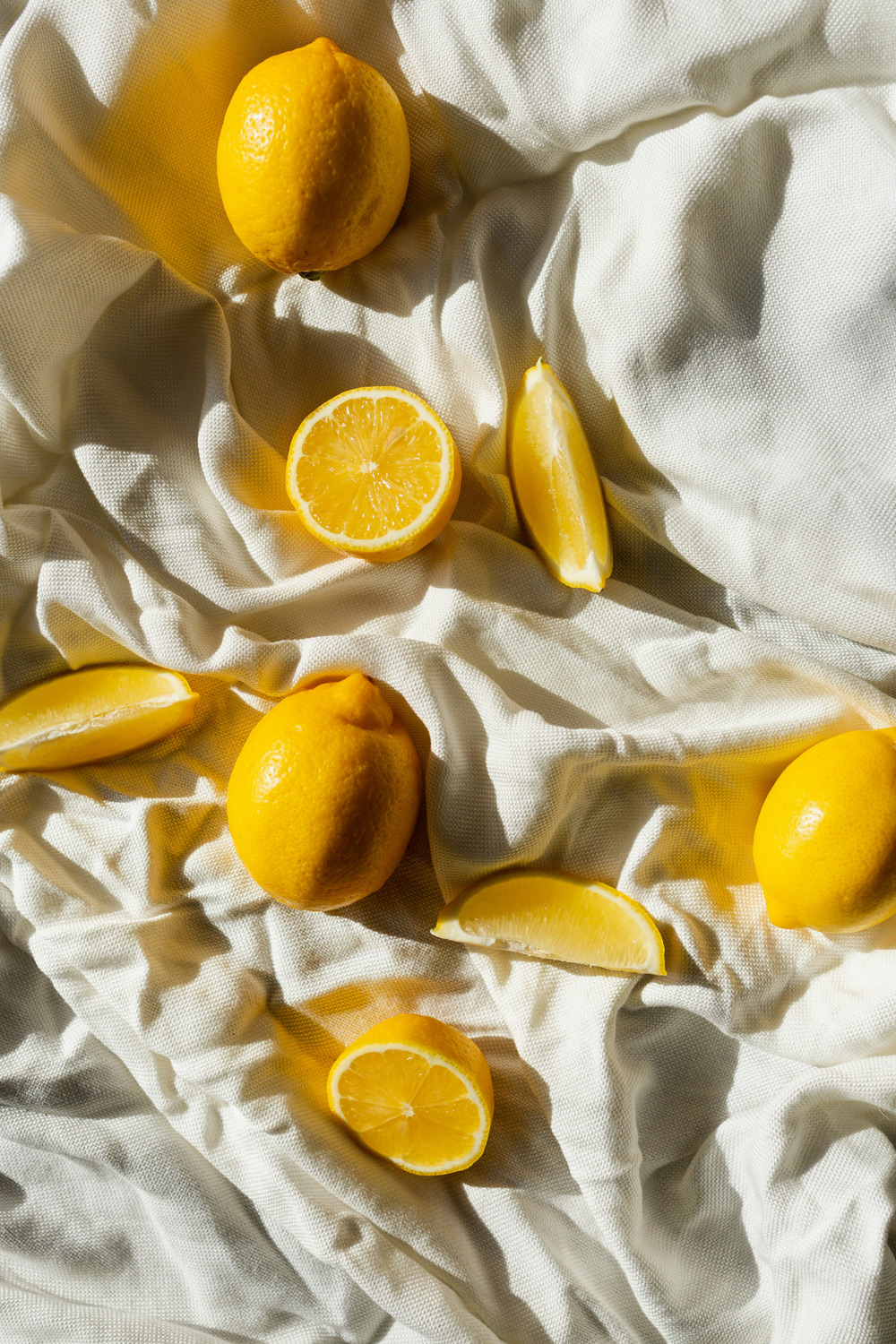
Which Foods Can Help Combat Hay Fever?
By
2 weeks ago
How to combat your symptoms through your plate
Watery eyes, sniffly nose, sneezing… all allergy sufferers know the telltale signs. Spring heralds the return of hay fever season, and it’s looking particularly bad this year, with the Met Office issuing a red ‘pollen bomb’ alert for the South West and South East of England over the weekend. According to Allergy UK, almost half of the country have some sort of allergy to pollen – which means lots of us will be interested in potential relief. So: did you know certain foods can help combat hay fever?
While popping a Piriteze is a necessary staple in many hay fever sufferers’ mornings, there’s scientific evidence to show you can further alleviate the symptoms through your diet. Certain everyday foods may help reduce symptoms – and others could actually be making the situation worse. Saying that, as nutritionist Lily Keeling from delivery service Green Chef points out, the effects will differ from person to person. ‘While it’s suggested that certain food groups can help to lessen the symptoms you experience during allergy season, it’s important to remember that these can have a different effect on different people,’ she says.
‘What works for one, may not work for another. When experimenting with new ways to help reduce symptoms, I advise focusing on eating a well-rounded, nutritional diet, packed with essential healthy fats, vitamins and minerals. This way, your body has all the nutrients it needs to fight symptoms and support overall well-being, and promote healing.’
Why Is My Hay Fever So Bad Right Now?
If you’re sneezing more than ever right now, that’s because pollen levels are currently very high across multiple parts of the UK. Sadly, this is a side effect of the glorious warmer weather we’ve been basking in, which triggers trees to reduce pollen into the air. Tree pollen tends to stick around until mid-May, when grass pollen takes over, hanging around until July. According to the Met Office, the South West will continue to experience high levels until Thursday 10 April, while in the South East levels will remain high until Tuesday 8 April, before dropping on Wednesday. Pollen levels are also very high in the west Midlands today and tomorrow.
Foods That Can Reduce Seasonal Allergy Symptoms
Foods High In Vitamin C
Vitamin C is best known for supporting your immune system, so it makes sense that it can help with allergies, which are caused by immune reactions to substances. Some studies, such as this one from 2023, show vitamin C acts as a natural antihistamine, which may help reduce common hay fever symptoms such as sneezing and itchy eyes.
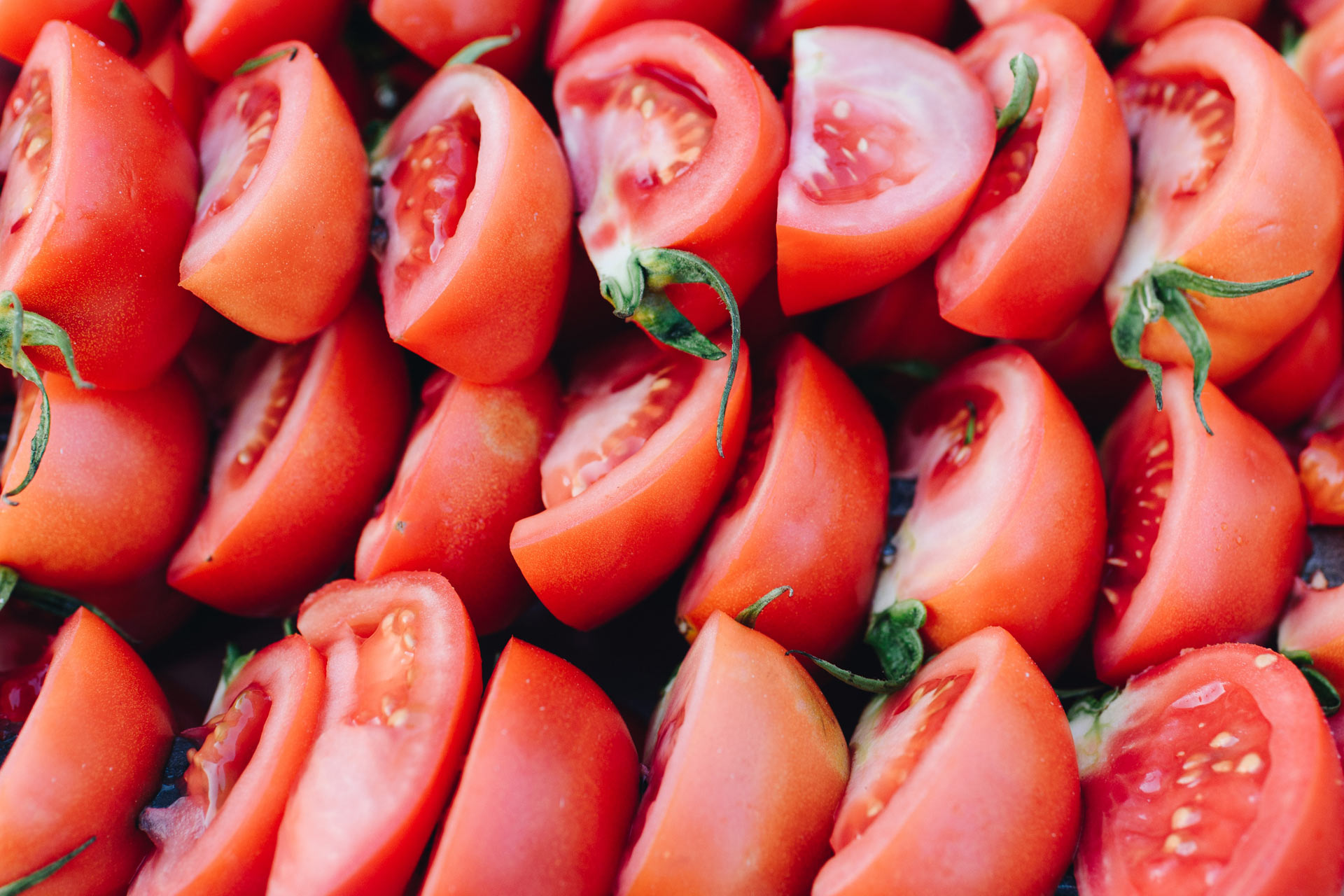
Unsplash
Foods high in vitamin C include:
- Citrus fruit (e.g. lemons, oranges)
- Red peppers
- Strawberries
- Blackcurrants
- Broccoli
- Potatoes
- Kale
- Tomatoes
Anti-Inflammatories
An anti-inflammatory diet has been linked with a plethora of health benefits, including improved cognitive function and lowered blood pressure. But it may also help alleviate hay fever symptoms. As Allergy Clinic London says: ‘A runny nose and itchy eyes are the result of inflammation and swelling in the lining of your nose and the protective tissue of your eyes. So increasing your consumption of anti-inflammatories could help reduce your hay fever symptoms.’
Anti-inflammatory foods include:
- Tomatoes
- Leafy greens (e.g. kale and spinach)
- Turmeric
- Ginger
- Olive oil
- Fatty fish (e.g. salmon, mackerel and tuna)
- Fruits like strawberries, blueberries, cherries and oranges
Tomatoes are a particularly good one for hay fever sufferers, as they contain lycopene, a powerful antioxidant that helps reduce inflammation – plus they’re high in vitamin C.
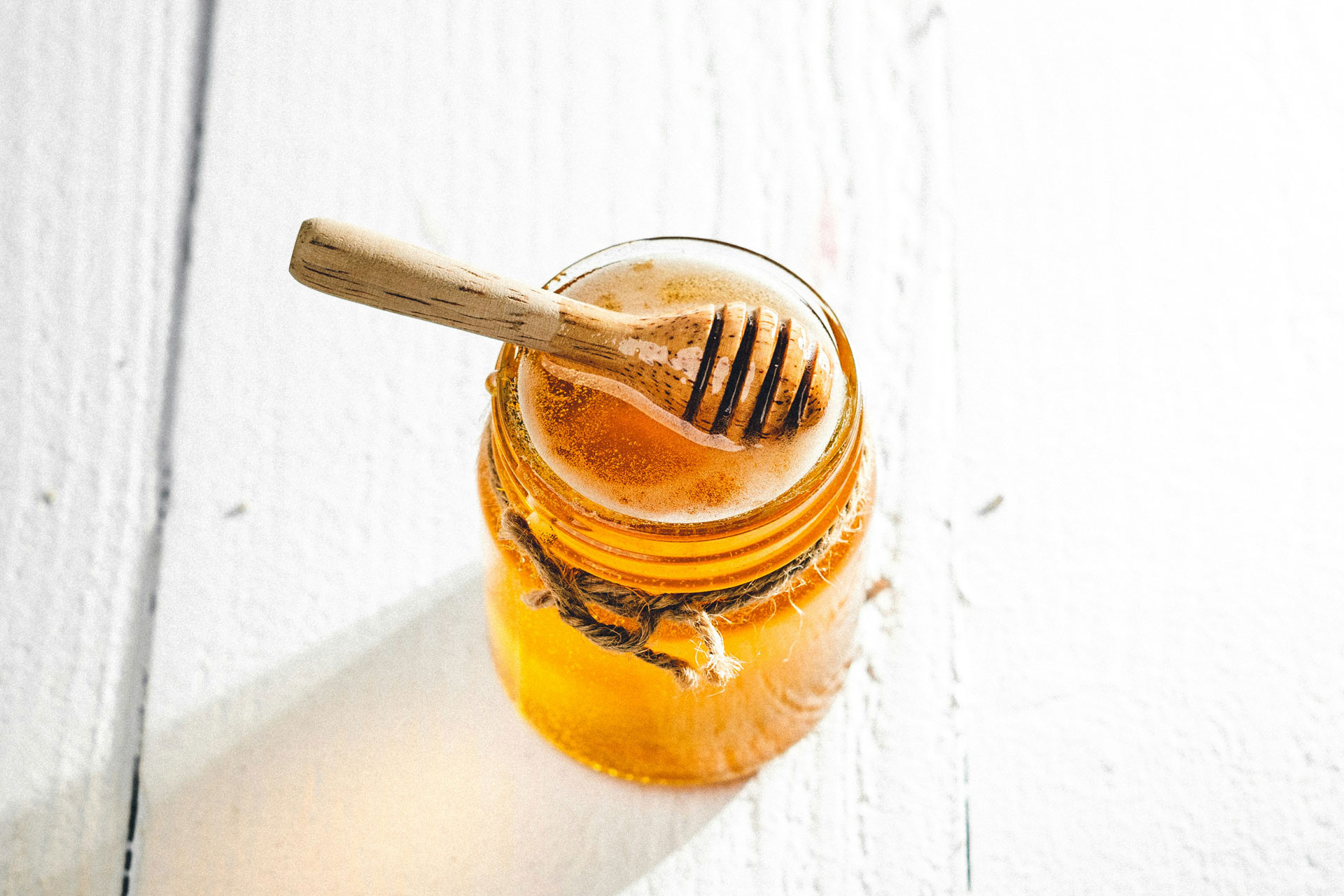
Unsplash
Honey
Many hay fever sufferers swear by a teaspoon of local honey to help desensitise them to the pollen. But what does the science say about the age-old remedy?
‘While there is very little scientific evidence that supports this theory, the idea is that by consuming honey that contains local pollen, you may increase your body’s resistance, and therefore lessen your symptoms over time,’ says Lily.
‘Honey is a tasty addition to a number of dishes and hot drinks, so there’s no harm in increasing your intake and seeing if you can notice the difference in your symptoms. However, honey isn’t necessarily better for you than regular sugar, and has a more complex nutritional profile compared to refined sugar, so consuming honey in moderation is key.’
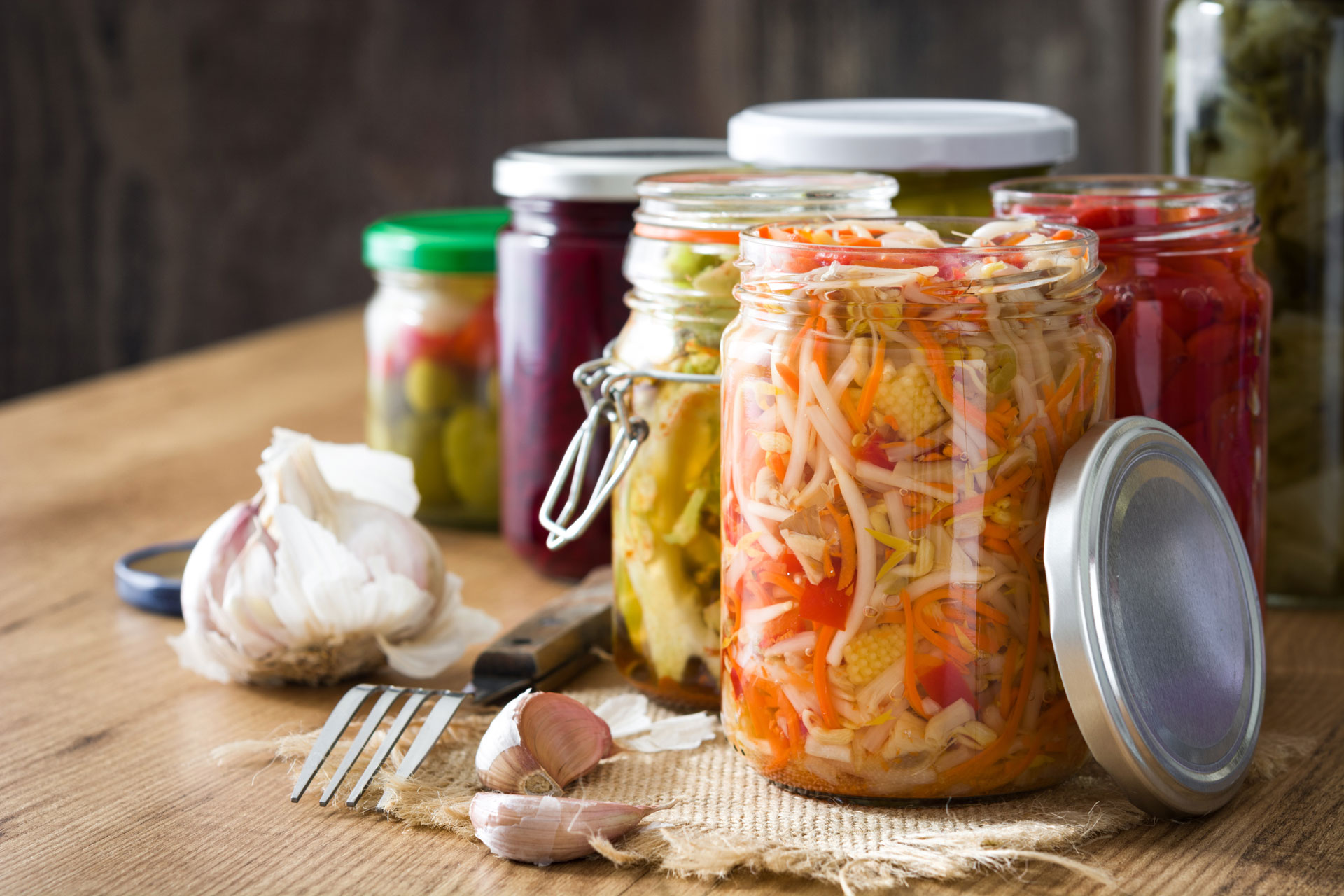
Getty Images
Gut Health Foods
We already know gut health plays a huge role in our overall wellbeing, affecting everything from our mood to our skin. But recent research has shown people with hay fever often have a less diverse gut microbiome than those without the condition, which can lead to higher levels of inflammation – and a more reactive immune system.
Therefore, some experts think probiotic-rich foods could help. That includes fermented foods such as:
- Kefir
- Sauerkraut
- Kimchi
- Kombucha
Prebiotic-rich foods may also be useful, found in foods like:
- Bananas
- Garlic
- Asparagus
- Whole grains



